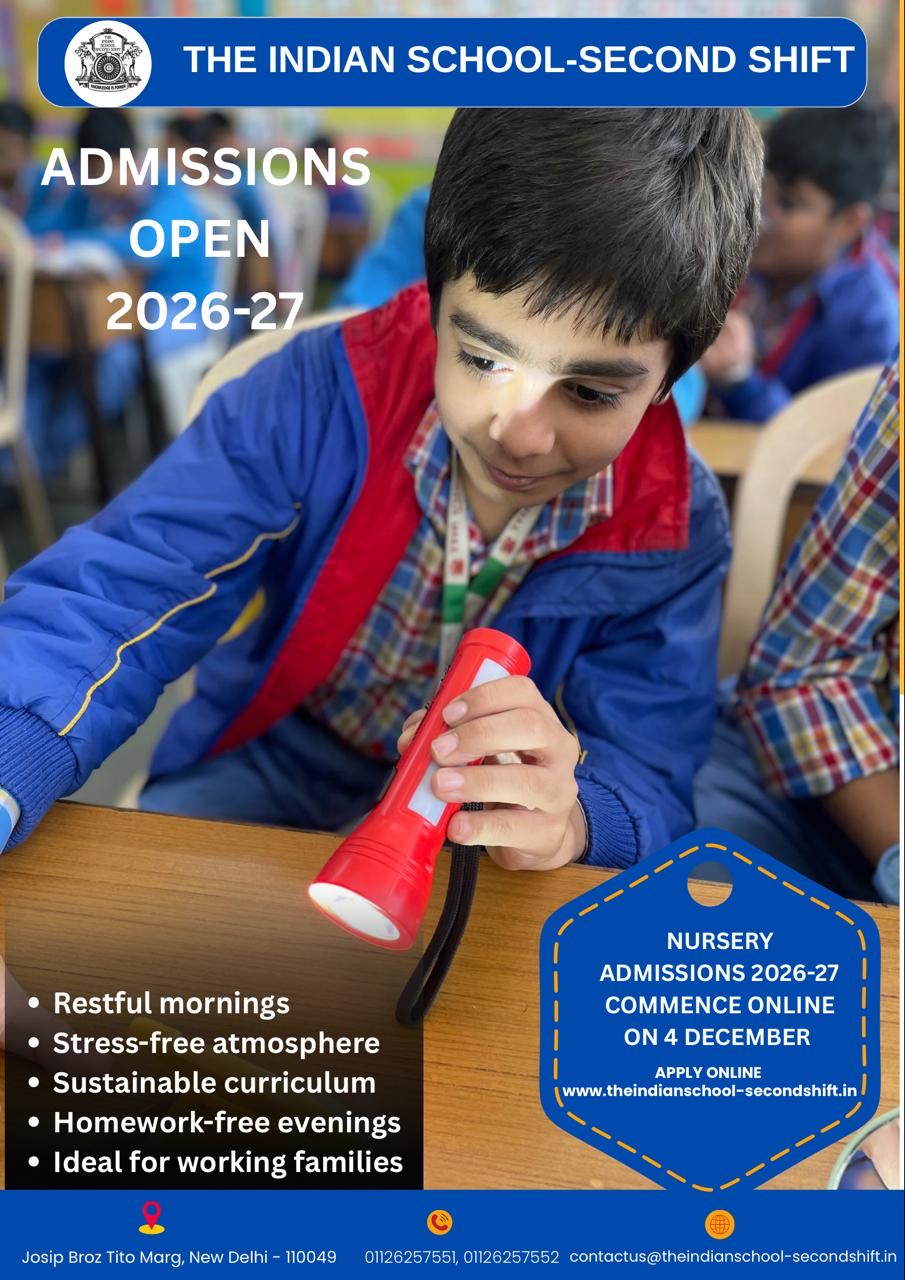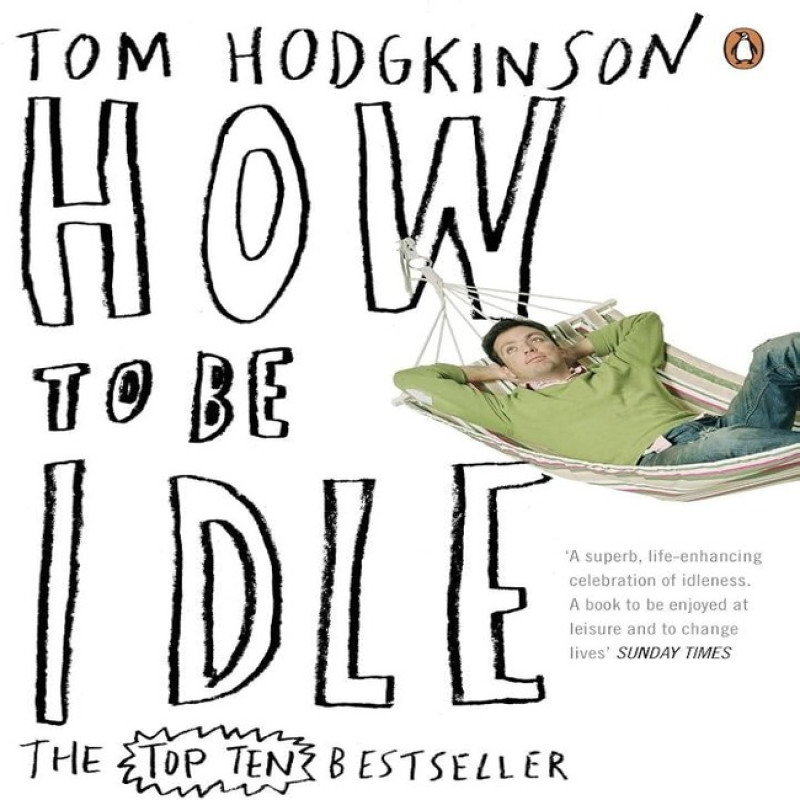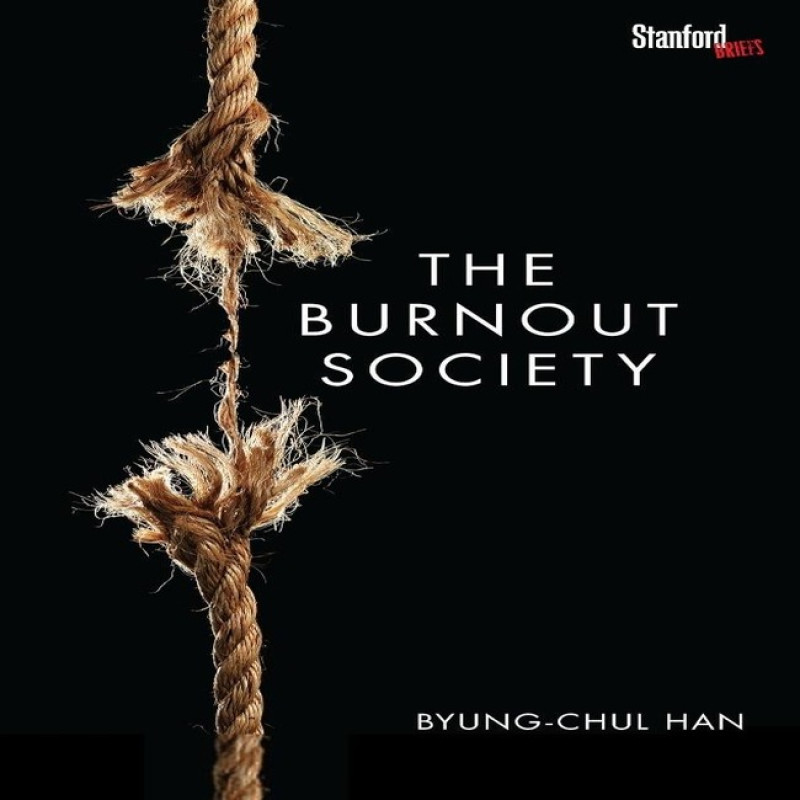The real homework of Summer: Learning to be
The case for stillness in a restless world
Some time ago, in a quiet counselling room, a child broke down…not in sadness, but in fury. Her tears weren’t timid or confused; they were sharp, angry. All she wanted was to go downstairs and play tennis. That was it. Not to defy authority, not to scroll through a screen, not to run away from responsibility. She just wanted to move. To breathe. To exist outside the weight of a schedule. Her request wasn’t unreasonable. It wasn’t indulgent. It was a cry for permission to simply be.
I’ve written about that moment before in our Counselling Corner, but with the long summer break approaching, I find myself returning to it again and again. Because it wasn’t just a child’s frustration. It was a mirror. A message. One that speaks as much to us - parents, teachers, adults as it does to the children in our care. We teach children so much more than what’s in the curriculum. We teach them how to live, how to imagine, how to pause. And how we model those things matters deeply. This reflection is about our relationship with rest - something deceptively simple, yet layered and often misunderstood.
For some, rest is second nature. Unquestioned. Embodied. For others, especially those of us who’ve built our identities around being “productive,” rest can feel like standing still in a world that never stops. When work is the only place we feel in control, silence becomes disorienting. Stillness feels less like grounding and more like falling.
And then there are those for whom rest is tethered to guilt. The kind that whispers, you haven’t earned this yet. The kind passed down unknowingly, shaped by family beliefs, social norms, cultural messaging. We say we value rest. We encourage mindfulness. But the reality? Many of us don't know how to actually do it without feeling like we’re wasting time.
In corporate offices across NCR, rest is packaged neatly into PowerPoint slides at stress management seminars, but rarely do we speak of the emotional legacy that makes it so hard to claim. Rarely do we explore the inner negotiations it demands. This piece, through glimpses from counselling sessions, tries to name that struggle. To build a language around a need that is universal, yet often unseen. Because until we make peace with rest, we will continue to raise children who see stillness not as refuge, but as failure.
Going back to this particular student…in her words, I saw something that feels painfully familiar across all ages: how we, as a culture, have pathologised rest. How we’ve confused the need for stillness with laziness. For a child to feel guilty about play, for a young person to need to justify time spent not being “productive,” is a symptom of a deeper malaise - one that echoes through classrooms, boardrooms, and homes alike.
With summer approaching, my attention has turned toward this very theme: the right to rest. Not as a luxury, not as a treat we must earn, but as a basic human need. It’s something we all yearn for but rarely allow ourselves. And it shows up in many places, often hidden in plain sight.
One such example lives within the growing FIRE movement - Financial Independence, Retire Early. Young adults are reimagining their futures, investing early, not for extravagance, but to reclaim their time. “The ultimate luxury,” they say, “is owning your hours.” In parallel, platforms like The Nap Ministry proclaim rest as resistance. They don’t offer parody; they offer a profound truth: rest is radical in a world that never stops.
But what struck me most recently was not an adult’s fatigue but a child’s. A student of ours fainted days before a major school event. No fever, no flu. Just exhaustion. Clinical exhaustion. His mind had overrun the body’s limits, ignoring basic cues like hunger, thirst, and fatigue. This child, barely a teenager, had so internalised the belief that stopping equates to slacking, that the body had to scream to be heard.
That moment wasn’t just a health scare, it was a mirror. One that reflected how children silently inherit our values around rest, often without us realising. They absorb how we power through our migraines, skip meals for meetings, glorify hustle, and treat sleep like a waste of time. Even when they intellectually reject these patterns, their nervous systems don’t. They live them.
In the past, when I was working as a full-time private practitioner, I saw this often, young professionals collapsing under 9 to 5 jobs that are really 24/7 performances. But seeing it in a child? That’s a warning bell we cannot afford to ignore.
This is what I now hear repeatedly in my sessions: the guilt of rest. Productivity guilt. That creeping discomfort when we’re not achieving something measurable. We know the language of burnout, we post about it, but still, the actual act of resting often feels indulgent or shameful. But rest doesn’t always look like a week-long vacation in the hills. It can be as simple as drinking your tea while watching the rain instead of checking emails. It can be going to a café to simply sit without turning it into a content opportunity. It can be watching the world pass by through a window, without needing to post a picture of it. Rest is not the opposite of growth. Sometimes, it is the growth.
In a metropolitan like Delhi where everyone is trying to make it, or any bustling city, even these small acts can feel radical. But this isn’t rebellion it’s reparation. When we teach children to honour rest, to listen to their body’s quiet signals, we’re not fostering laziness. We’re modelling sustainability. We’re teaching them to cultivate an internal pace, rather than chase an external race.
Because when rest becomes part of our rhythm, work transforms. It becomes more creative, more meaningful. Ideas don’t have to be squeezed out they emerge. When we allow our minds to meander, they return with questions. Real ones. The kind that leads to poetry, to art, to deep thought. The kind that can’t be forced, only found.
And that place of discovery isn’t only in ashrams or mountaintops. It’s in us. We only need to stop long enough to hear it.
Let’s give ourselves and our children that grace.
Ms Meghna Joshi
 (Psychodynamic School Counsellor)
(Psychodynamic School Counsellor)
The Indian School












